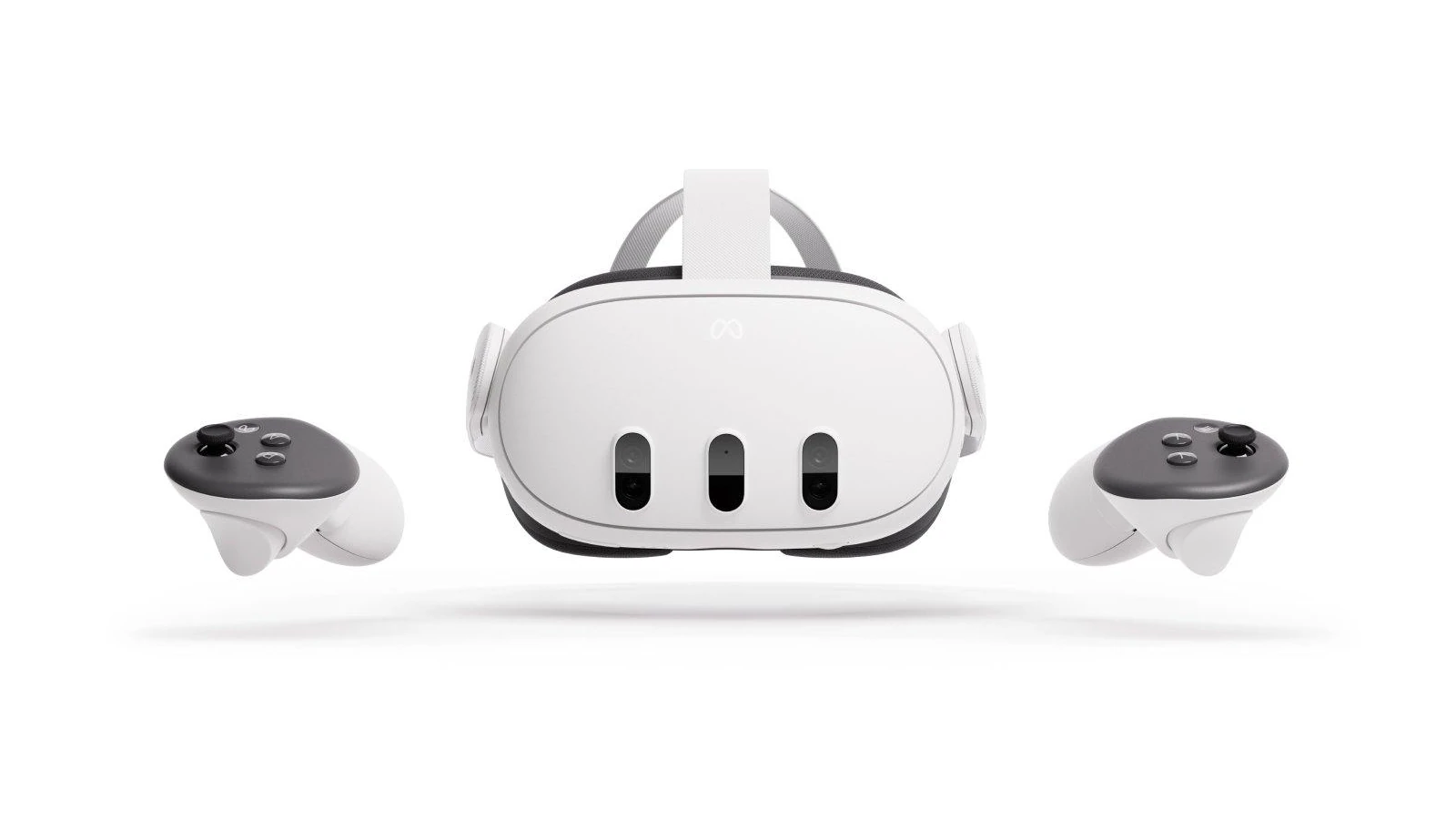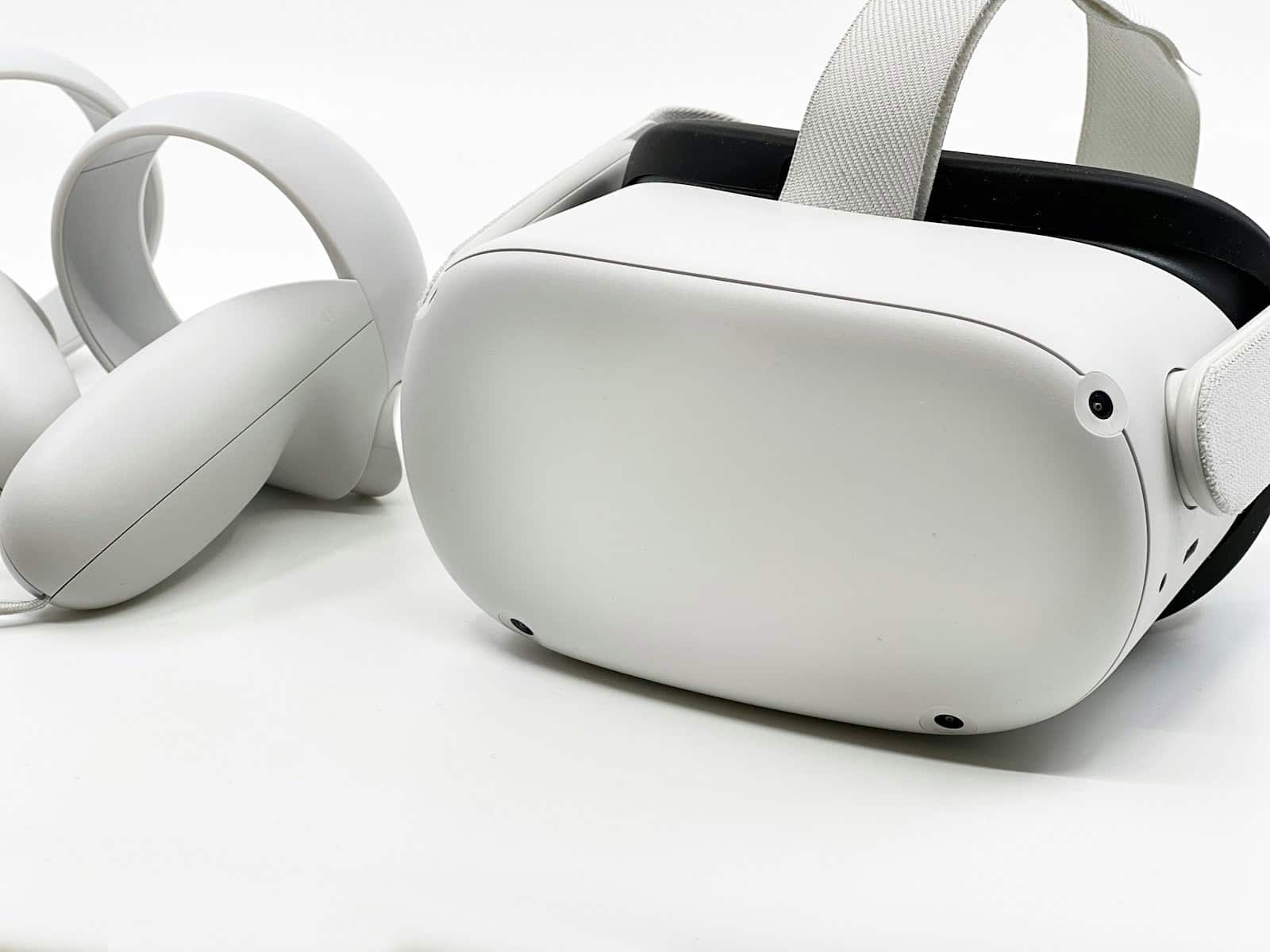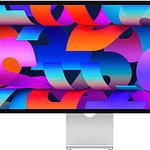Virtual reality (VR) is changing how we interact with the digital world, providing immersive experiences in gaming, education, and training. One important aspect for a smooth VR experience is the hardware of a user’s PC. It’s crucial to make sure that a computer meets the necessary specifications to run VR applications smoothly. The performance of VR depends heavily on the PC’s graphics card, processor, and memory. To support VR, computers need strong graphics cards, like the NVIDIA GeForce GTX 1060 or better, and processors capable of handling intense workloads, such as the Intel Core i5 series or equivalent.
When setting up a VR system, it’s important to also consider if the computer is compatible with specific VR headsets. Different headsets—like the Valve Index, Meta Quest, or others—have different requirements that need to be met. For example, the Meta Quest Link requires a high-quality USB cable that can support both data and power and is long enough to allow user movement.
Insufficient hardware can lead to poor performance, decreased image quality, and a less-than-ideal VR experience. Investing in the right hardware is crucial for a fully immersive VR environment. Users may need to upgrade their PC components to keep up with the rapid advancements in VR technology. By meeting these requirements, users can engage with VR content as intended, without technical interruptions or visual compromises.

Building Your Dream VR Rig: Hardware Essentials
Virtual reality gaming offers an immersive experience, but it demands powerful hardware to run smoothly. Here’s a breakdown of the minimum and recommended PC specs to get the most out of your VR adventures:
Minimum VR PC Requirements
To enter the world of VR, your PC needs to meet these baseline requirements:
- CPU: Intel Core i5-4590 / AMD Ryzen 5 1500X or greater
- GPU: Nvidia GTX 1060 / AMD Radeon RX 480 or greater
- RAM: 8GB+
- Video Output: Compatible HDMI 1.3 video output
- USB Ports: 3x USB 3.0 ports plus 1x USB 2.0 port
- OS: Windows 10
Recommended VR PC Requirements
For a smoother and more visually impressive VR experience, aim for these recommended specs:
- CPU: Intel Core i5-11400 / AMD Ryzen 5 5600X or greater
- GPU: Nvidia RTX 3060 Ti / AMD Radeon RX 6700 XT or greater
- RAM: 16GB+
- Video Output: DisplayPort 1.2 or newer
- USB Ports: 1x USB-C / 3x USB 3.0 ports
- OS: Windows 11
VR Headset Compatibility
Different VR headsets have varying requirements. Check the specific recommendations for your chosen headset before purchasing any hardware.
| Headset | Minimum GPU | Recommended GPU |
|---|---|---|
| Meta Quest 2 | Nvidia GTX 970 | Nvidia RTX 2070 |
| Valve Index | Nvidia GTX 1070 | Nvidia RTX 2070 |
| HTC Vive Pro 2 | Nvidia RTX 2060 | Nvidia RTX 3070 |
| HP Reverb G2 | Nvidia GTX 1080 | Nvidia RTX 3080 |
Upgrading your PC for VR can be a significant investment, but the rewards are worth it. With the right hardware, you’ll unlock a whole new world of immersive experiences.
Key Takeaways
- VR requires PCs with powerful components like high-end graphics cards and processors.
- Compatibility between the PC and the VR headset is essential for optimal performance.
- Upgrading hardware may be necessary to keep pace with VR’s evolving technology standards.
Hardware Requirements for VR
When building a VR-capable PC, key hardware components must meet certain specs. This ensures smooth performance for VR games and applications.
Central Processing Unit (CPU)
The CPU acts like the brain of your PC. For VR, an Intel Core i5 or AMD Ryzen 5 series processor is a good starting point. High-end VR headsets like the Oculus Rift S or Valve Index may require an Intel Core i7 or better.
Graphics Processing Unit (GPU)
The GPU renders images and video. The minimum for VR gaming could be an Nvidia GTX 970 or AMD equivalent. Better performance comes from a GTX 1060 or higher. For the Oculus Quest 2 or HTC Vive Pro, consider a GTX 1070 or more.
Random Access Memory (RAM)
VR applications demand a lot of memory. Start with at least 8GB of RAM. For optimal VR performance, 16GB is recommended especially for demanding games like Half-Life: Alyx.
Storage
VR games need fast storage for quick loading. An SSD is ideal, with at least 256GB to start. This enables faster access to your VR content.
Motherboard and Expansion
Your motherboard should have enough USB 3.0 ports to connect your VR headset and other peripherals. Also, it is key to have a PCIe slot for your GPU.
Power Supply and Case
Ensure your power supply can handle your PC’s components, especially the GPU. A minimum of 500W is advisable. The case must have good ventilation to keep things cool during VR sessions.
Display Outputs
The right ports are crucial. HDMI or DisplayPort 1.2 is needed to connect to the VR headset. Some newer VR headsets might require DisplayPort 1.4.
Remember, checking the specific requirements of your VR headset and the games you wish to play will guide your hardware selection.







